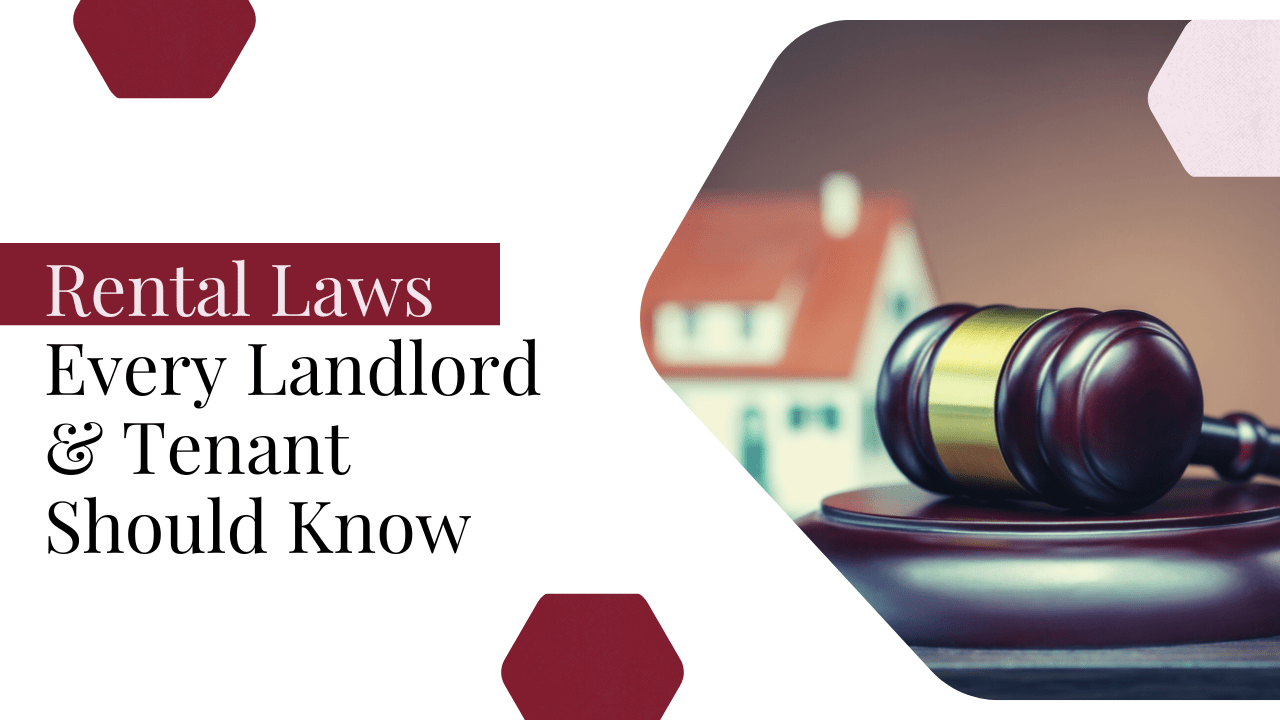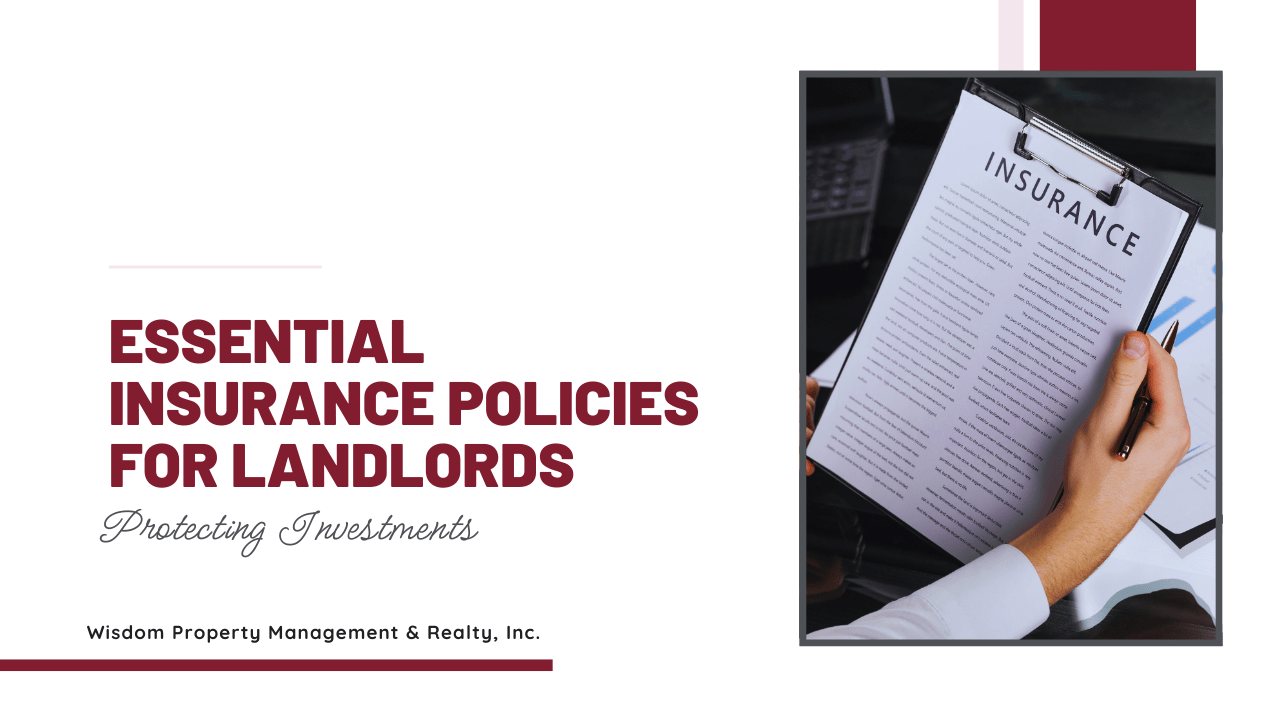Renting out a home in Merced can feel pretty risky. The state laws governing how you lease, manage, and maintain your home are strict, and tenants have a lot of protection.
Compliance is not optional, however, and the fines and fees for any violations are not cheap.
We’ve put together a brief list of the California rental laws you should know, whether you’re a Merced landlord or a Merced tenant.
California’s Implied Warranty of Habitability
One of the most basic requirements you have as a landlord is to provide a property that’s safe and habitable. When you sign a lease agreement and move in your residents, you agree to an implied habitability warranty.
Some of the easy violations of this implied warranty of habitability would be:
- No water
- No heat
- Presence of mold
- Improper ventilation
- Gas or sewage leak
- Pest infestations
- Unsanitary conditions
Don’t rent your property out unless it is clean, in good condition, and safe for residents.
California Fair Housing Laws
California’s
fair housing laws go beyond the protections provided by the federal Fair Housing Act. There are more protected classes. In California, you cannot discriminate in rental housing based on:
- Race.
- Skin color.
- Religion or creed.
- National origin or ancestry.
- Sex.
- Physical or mental disability.
- Familial status.
- Sexual orientation
- Age
- Gender identification
- Gender expression
- Veteran or military status
- Citizenship
- Primary language
- Marital status
- Source of income
- Genetic information
These protected classes are constantly evolving, and in some cases, fair housing laws extend to screening practices in new ways. For example, in some cities, it is not permitted to run a criminal background check until after a tenant has been approved for a property.
Rent Control in Merced and California
Statewide rent control went into effect on January 1, 2020, and that new law applies to multi-family properties that are at least 15 years old and any single-family homes owned by a corporation.
If you own a multi-family building or you’re renting out units in a building, you’re likely going to need a solid understanding of rent control limits and requirements. It caps rental increases to five percent plus the cost of living increase set by the Consumer Price Index.
Check your lease agreement. It must reflect whether your property is bound by the statewide rent control law. The language has to be specific, so make sure you have an attorney-approved template or verbiage provided by a local Merced property manager.
Evicting Tenants in Merced
Eviction law is specific, and it needs to be followed to the letter, otherwise, your eviction case can be thrown out of court. You’ll have to start the entire process again, and that will be expensive.
When your property falls under The Tenant Protection Act, you cannot simply terminate a tenancy because you don’t want to rent your unit to a particular tenant anymore. You can’t evict a tenant because you want to start over with a higher rental amount. You must have just cause if you want to terminate a tenancy and not renew a lease agreement.
Just causes include nonpayment of rent, property damage, lease violations, and criminal activity. If you’re evicting for a reason that isn’t considered just cause, a tenant relocation payment will be required.
Section 8 Tenants in Merced
One of the statewide laws that were included in the Tenant Protection Act of 2019 concerns Section 8 tenants and renters who benefit from housing voucher programs. All applicants must be considered for your property and screened consistently, regardless of how they earn their income. Those housing vouchers used by Section 8 tenants can be legally considered a source of income.
This impacts how you market your rental property and screen your potential tenants. In the past, you could actively advertise that you did not accept Section 8 tenants for a property. There was some distinction about whether certain units were approved for Section 8. This is no longer legal.
Update and document your qualifying rental criteria. When it comes to being fair to Section 8 tenants, all of your screening criteria can remain the same. Those income standards can, however, be met when a housing voucher brings in enough money for the tenants to qualify to rent your home.
Security Deposit Laws
Security deposit laws are also important to know, and we can tell you that this is one area where Merced landlords and property owners make a lot of mistakes. Tenants make mistakes too, and we can tell you that the majority of tenant disputes occur because of misunderstandings or arguments over the security deposit.
Here’s what you need to know about security deposit laws and your Merced rental:
There are limits to how much you can collect in a security deposit. For unfurnished units, you cannot charge more than two months’ rent. If you’re renting out a furnished unit, you can charge up to three months' rent for the security deposit.
There is no such thing as a non-refundable security deposit.
- Deposits must be returned within 21 days
At the end of the lease term, you have 21 days after a tenant moves out to return the security deposit and/or an itemized accounting of why money was withheld and what it’s being used for.
Most trouble starts when it comes to security deposit deductions.
You can use the deposit for damage, unpaid rent, and unpaid utilities. You can use it to clean the unit. You cannot use the security deposit to make repairs and replacements that are normal wear and tear items.










